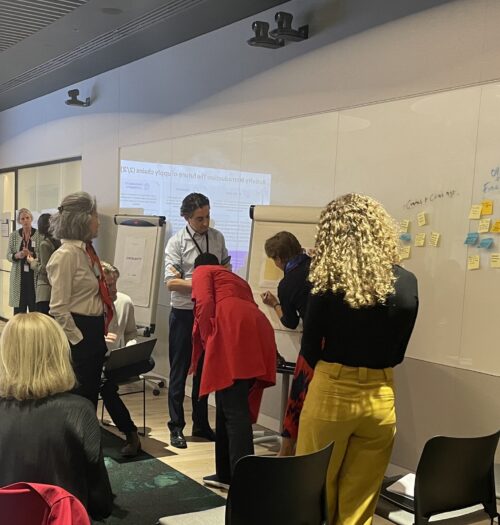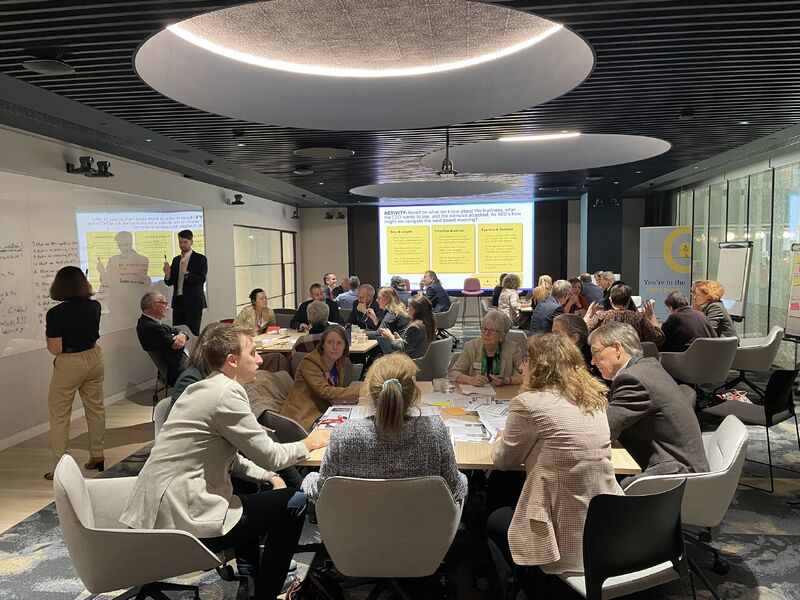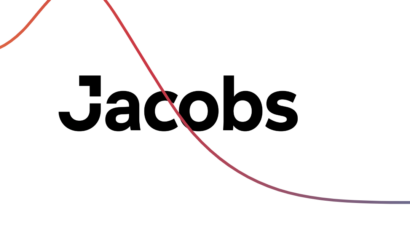
Exploring the future of supply chains: net zero, circular, and traceability & integrity
The event explored the critical role of supply chains in achieving climate goals, with a focus on sharing practical insights on building resilient and responsible supply networks. The NEDs in attendance explored sustainable supply chains across the three key areas: i) net zero, ii) circular, and iii) traceability & integrity. The session included a lively introductory discussion followed by a practical and interactive breakout session which simulated a supply chain scenario for each key area.
Key takeaways for NEDs
- Given the substantial ESG impact in the supply chain, it is important to ensure that your organisation’s activities and engagement to decarbonise its supply chain are aligned with the organisation's long-term sustainability strategy and business model, and to have oversight of this at board-level.
- Improving sustainability in the supply chain involves actively engaging both internal and external stakeholders, to uncover new value levers and opportunities for collaborative innovation. NEDs can play a critical role through engagement with company stakeholder and investor forums to engage with suppliers, customers and shareholders to understand the critical issues and learn what questions to ask of the industry.
- NEDs have a unique opportunity to understand their organisation's operations and seek out upskilling opportunities, to contribute to purposeful communication, decision-making and sustainable value creation across its supply chains.
Sustainable Supply Chains
Experts from the Accenture Sustainability Team discussed how supply chains are inherently globalised, multi-tier, and interdependent and face an increasing number of ESG risks—including regulatory pressures, corruption, increased natural disasters, and human rights concerns. For businesses, these risks can disrupt the functioning of supply chains, which can result in serious operational, financial, and reputational consequences. There is significant scope for making supply chains more sustainable, and for leveraging new value chains that are good for people, planet, and purpose.
Net Zero
The net zero breakout group took on the scenario of a large automotive organisation accused of greenwashing. As part of developing a communication plan to manage the accusation against one of the organisation’s suppliers, NEDs recommended engaging with communities where the implicated supplier is based. This would allow for a more contextualised understanding of what is needed to deliver a net zero business model and where the business’s current model falls short. A wider audit of suppliers was proposed as a way to identify emissions hotspots for more immediate action—particularly in supply segments within Scope 3. This tool may enable proactive stakeholder engagement and clarify the most suitable data metrics for measuring emissions impact across different supplier contexts.
Circular
The circularity breakout group’s scenario explored the operational impact of introducing digital product passport (DPP) legislation within a UK-based technology services company. Positioned as a threat from the executive perspective, legislation was instead reframed by NEDs as an opportunity to reflect on internal horizon-scanning and develop more robust processes for preparing for regulatory developments. NEDs determined that the business’s strategic focus should not be on compliance alone but on maximising opportunities for value creation in the long-term. This goes hand-in-hand with better understanding of consumer behaviour across the complete product lifecycle, which NEDs identified as a key data resource to futureproofing value chains.
Traceability & Integrity
The third breakout focused on a crisis management case for a toy company in Asia, following media backlash from a number of public interest violations. NEDs’ response to the scenario was to first work to contain the issue in real-time, before focusing on building a sustainable culture within the company itself. This includes ensuring that upward flows of information to the executive level prioritise improving strategic communications internally, as well as with supply chain stakeholders—which may be especially beneficial for improving visibility across fragmented supply chains. A leadership roadmap was suggested to clarify and systematise accountability within the workforce, to help prevent future risks to integrity and upskill where needed.
Across the three breakout sessions, directors agreed that cultures of trust within an organisation translate positively to customers, investors, and industry and thus are of great value to a business’s bottom line.

Read more
We ran a similar session with Accenture on ‘Harnessing technology for climate action,’ which delved into how technology and innovation may be leveraged for positive environmental impact.
Read the session summaryThis event summary was developed in collaboration with the Centre for Climate Engagement at Hughes Hall.



